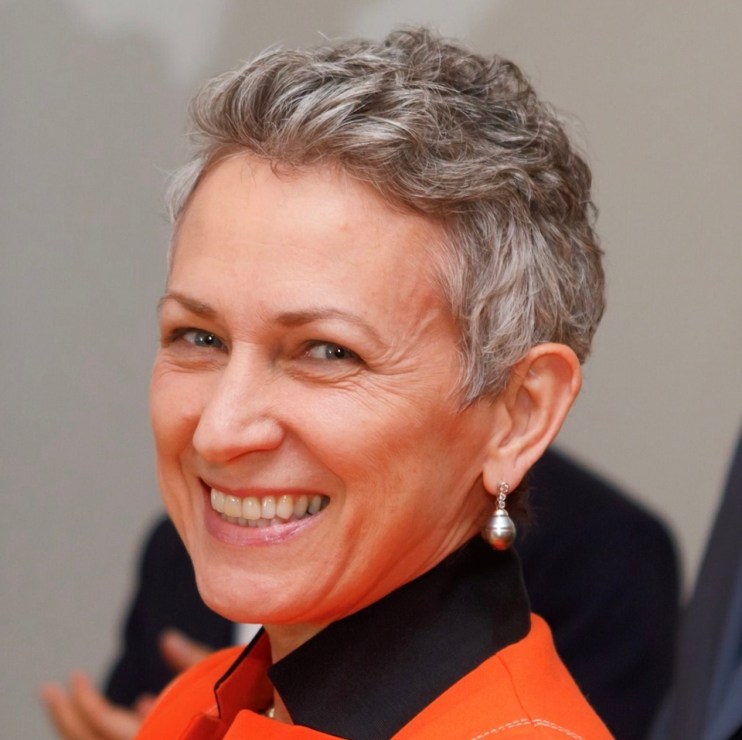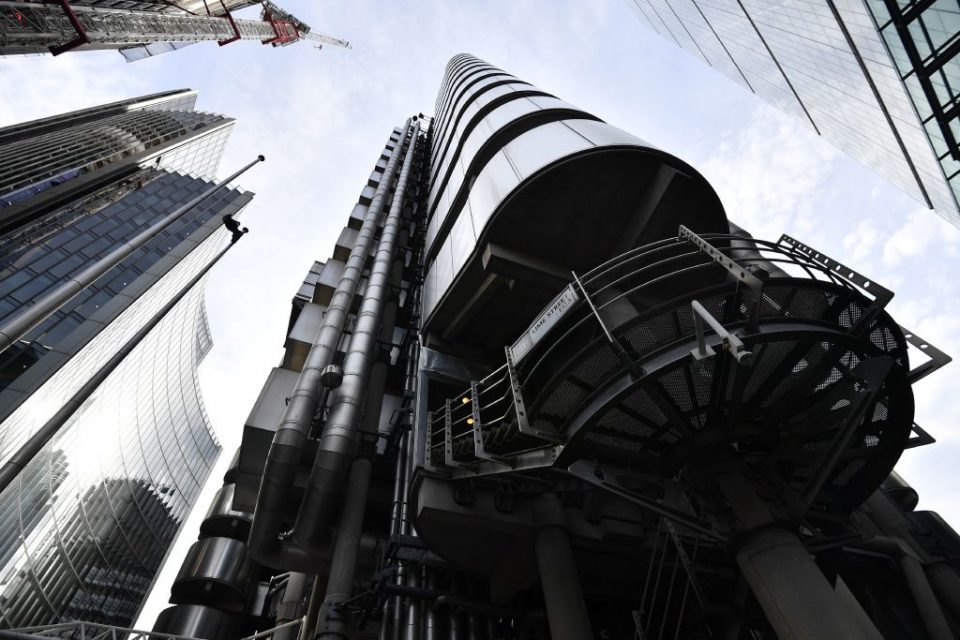Dame Inga Beale: I’m not surprised by Lloyd’s of London sexual harassment claims

The controversial drinking culture at Lloyd’s of London is so entrenched that a former chief executive admits she does not know how to tackle it.
Dame Inga Beale, who ran the historic institution for five years, spent much time trying to tackle behavioural problems among its staff.
Read more: Nearly 500 Lloyd’s of London workers report sexual harassment
Before she left Lloyd’s, Beale banned the lunchtime sale of alcohol in an attempt to end the marketplace’s reputation as the last City bastion of daytime drinking.
But five minutes down the road from where we meet on an early Friday afternoon, the cluster of insurance pubs in EC3 are still every bit as full. And it’s not just the booze that’s a problem.
Lloyd’s of London has failed to modernise
While the City veteran has been spending the last 12 months on pro-bono charity and diversity campaigns, her former workplace has been rocked by a swathe of bullying and sexism allegations.
We are meeting for coffee just days after Lloyd’s released a devastating survey showing nearly 500 women at the marketplace had witnessed sexual harassment in the last year.
“I wasn’t necessarily surprised by it but at least [the report] is out there,” Beale says. “When something is bubbling under the surface it’s not good, it’s much better when it comes out.”
Four decades of working in insurance has left her with a slightly perplexed opinion of the industry she finally quit last year.
“There is this amazing ability to do the most ground-breaking types of insurance, and yet you’ve got this culture which somehow looks old-fashioned and looks as though the market hasn’t modernised,” she says.
Cultural issues remain a concern
While much of Beale’s five-year tenure at the helm of Lloyd’s was focused on modernising the business side of the marketplace, it was her attempts to tackle behavioural problems that inevitably drew most attention. And they still concern her.
Read more: Insurance industry wrestles with diversity deficit
“If you go to somewhere like King’s Cross, there’s a tech cluster there, but they don’t have this pub culture at lunchtime. It is as though this is still stuck in the past”.
She adds: “Even by Canary Wharf where the banks are, it’s just not happening anymore… and it is the same on Wall Street, times have moved on. But for some reason, this little area has yet to see that revolution.”
So how do we tackle the thorny issue of booze? “I don’t actually know the answer,” Beale admits.

Change cannot be a tick-box exercise
Current Lloyd’s chief executive John Neal has his work cut out overhauling London’s insurance industry. His situation has not been helped by the fact that in the last two years the group has lost three senior female executives – most recently its chief people officer.
As part of the efforts to turn a new leaf at the 331-year-old insurance group, Neal has vowed to introduce gender balance targets, new business conduct standards and partnerships with mental health charities.
Beale, who has just finished judging the WeQual awards aimed at recognising women executives in the City, is ultimately optimistic that winds of change are now blowing in the insurance industry: “There are enough people who want to make a difference.”
She adds: “There are some fantastic leaders out there who really want to make a difference, but there are also some who just tick a box, and it’s not a genuine feeling that we need to do something.
“It’s got to be meant from the top.”
Main image credit: Harald Schnauder